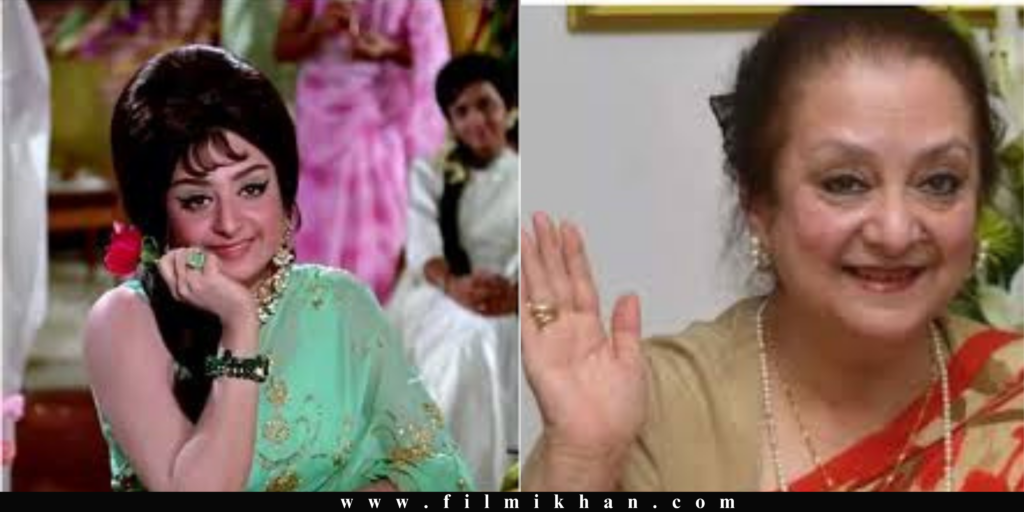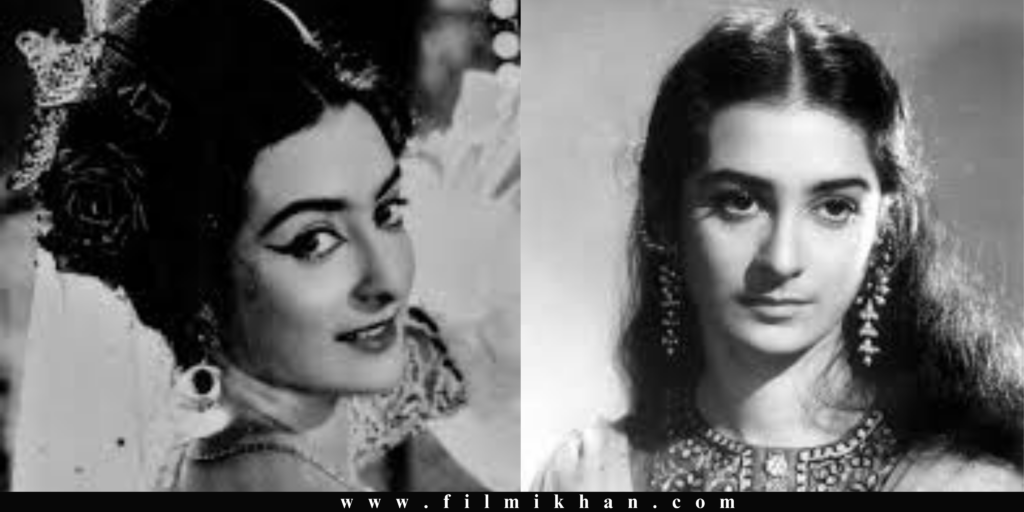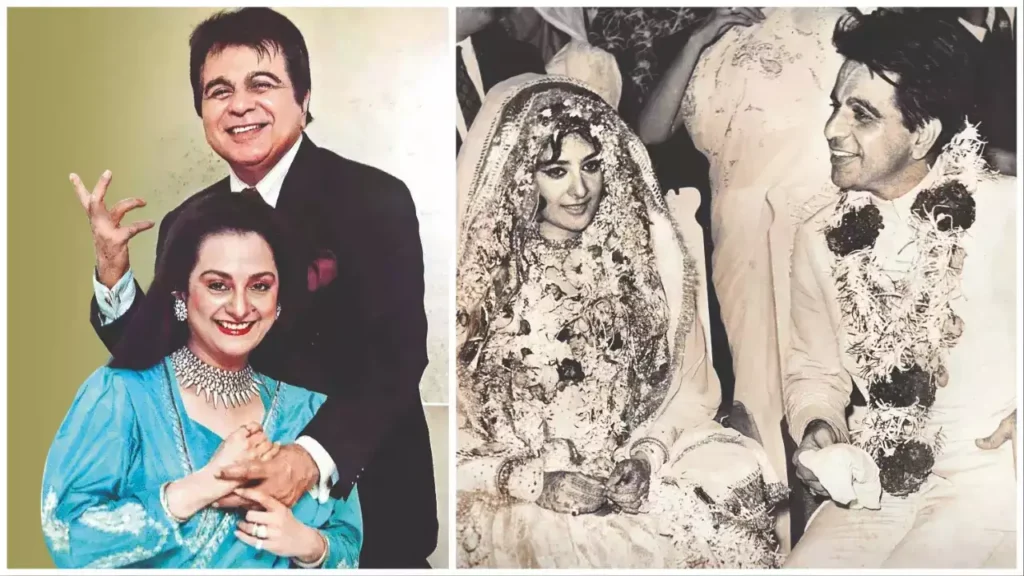
Saira Banu, born on August 23, 1944, in Mussoorie, is a revered figure in the Indian film industry. Her captivating performances and timeless beauty have earned her a place among the most celebrated actresses of Bollywood’s golden era.
Saira Banu was born into a prominent family with connections to the film industry. Her father, Mian Ehsan-ul-Haq, was a film producer, while her mother, Naseem Banu, was a renowned actress of her time. Growing up amidst the glitz and glamour of showbiz, Saira developed a passion for acting from a young age. She had one younger brother, Sultan Ahmed who was five years older than her. Saira Banu’s niece Shaheen Banu married actor Sumeet Saigal. Her grandniece Sayyeshaa, is also an actress. She appeared in Ajay Devgan directorial film Shivay (2016).
Her cinematic journey commenced in 1961 when she made her debut in the movie “Junglee” opposite the legendary Shammi Kapoor. The film was a massive success, and Saira’s effervescent charm and natural acting talent garnered widespread acclaim, instantly making her a sought-after actress in the industry. She received Filmfare Award for Best Actress nomination.

Saira Banu’s career soared to greater heights with each subsequent film. Her versatility as an actress was evident in her ability to effortlessly portray a wide range of characters, from the vivacious leading lady to the demure girl-next-door. She shared screen space with some of the biggest stars of her time, including Rajendra Kumar, Rajesh Khanna, and Dharmendra, among others.
Throughout the 1960s and 1970s, Saira delivered one memorable performance after another, solidifying her status as one of Bollywood’s leading ladies. Films like “Padosan,” “Shaadi,” and “Diwana” showcased her impeccable acting prowess and magnetic screen presence, endearing her to audiences across the nation.
Her other films: Bluff Master (1963), Ayee Milan Ki Bela (1964), April Fool (1964), Aayi Milan Ki Bela (1964), Jhuk Gaya Aasman (1968), Padosan (1968), Shagird (1967), Diwana (1967), Purab Aur Paschhim (1970), Victoria No. 203 (1972), Sagina (1974), Hera Pheri (1976), Bairaag (1976), Kala Aadmi (1978), Desh Drohi (1980) and Duniya (1984). Her final film before retirement was Faisla (1988). Banu also worked in Pyar Mohabbat with Dev Anand (1966).
Beyond her illustrious career, Saira Banu’s personal life has also been the subject of much fascination. In 1966, she tied the knot with the dashing actor Dilip Kumar, cementing their union as one of the most enduring and iconic couples in Indian cinema. Their love story continues to be cherished by fans, symbolizing timeless romance and companionship. The couple did not have any children. Dilip Kumar in his biography, Dilip Kumar: The Substance and the Shadow, writes that Saira had conceived in 1972 but miscarriage because of some complications. Following this they did not try to have kids again believing it to be God’s wish.
She worked in three films with her husband: Gopi, Sagina and Bairaag. Only Gopi was hit at box-office. She appeared in six films with actor Dharmendra: Jwar Bhata, Aadmi Aur Insaan, Resham Ki Dori, Pocket Maar, International Crook and Chaitali out of which 5 were Superhit.

Saira Banu’s contributions to Indian cinema have been recognized and honoured on numerous occasions. She has received accolades for her outstanding performances, including several Filmfare Award nominations. Additionally, her influence extends beyond the silver screen, as she remains an inspiration to aspiring actors and a beloved figure in the hearts of millions.
Saira Banu’s journey from a young dreamer to a celebrated icon is a testament to her talent, dedication, and indomitable spirit. With a career spanning over five decades, she has left an indelible mark on Bollywood and continues to be revered as a true legend of Indian cinema.
1 thought on “Saira Banu: The Enigmatic Journey of Bollywood’s Iconic Actress”